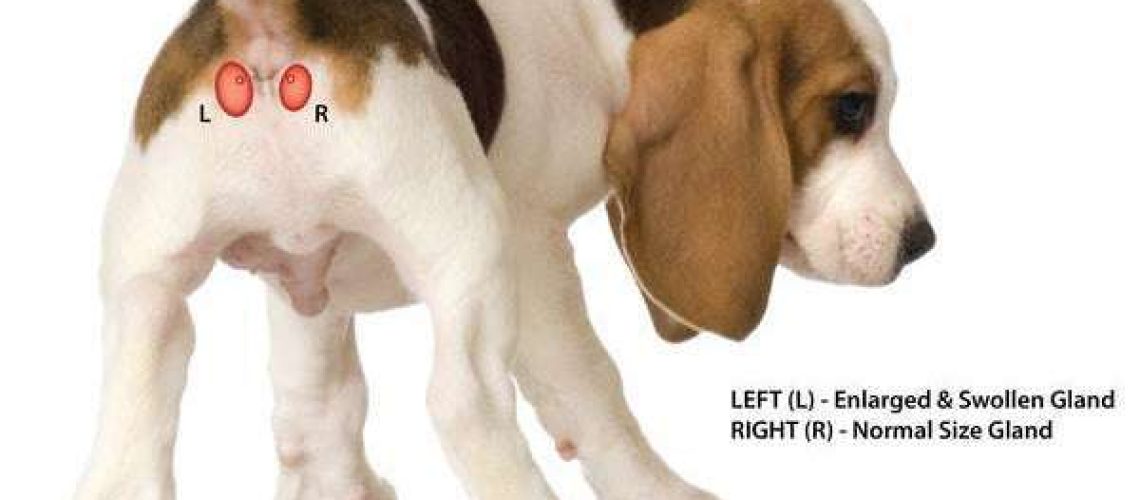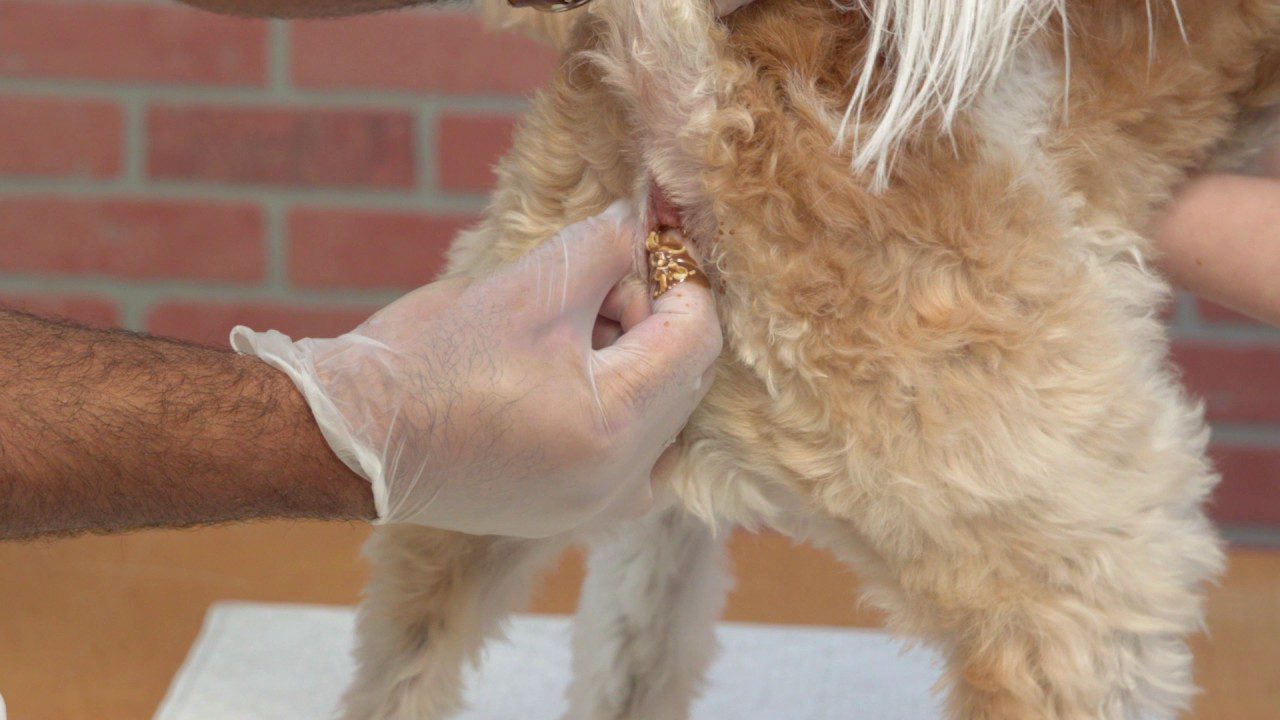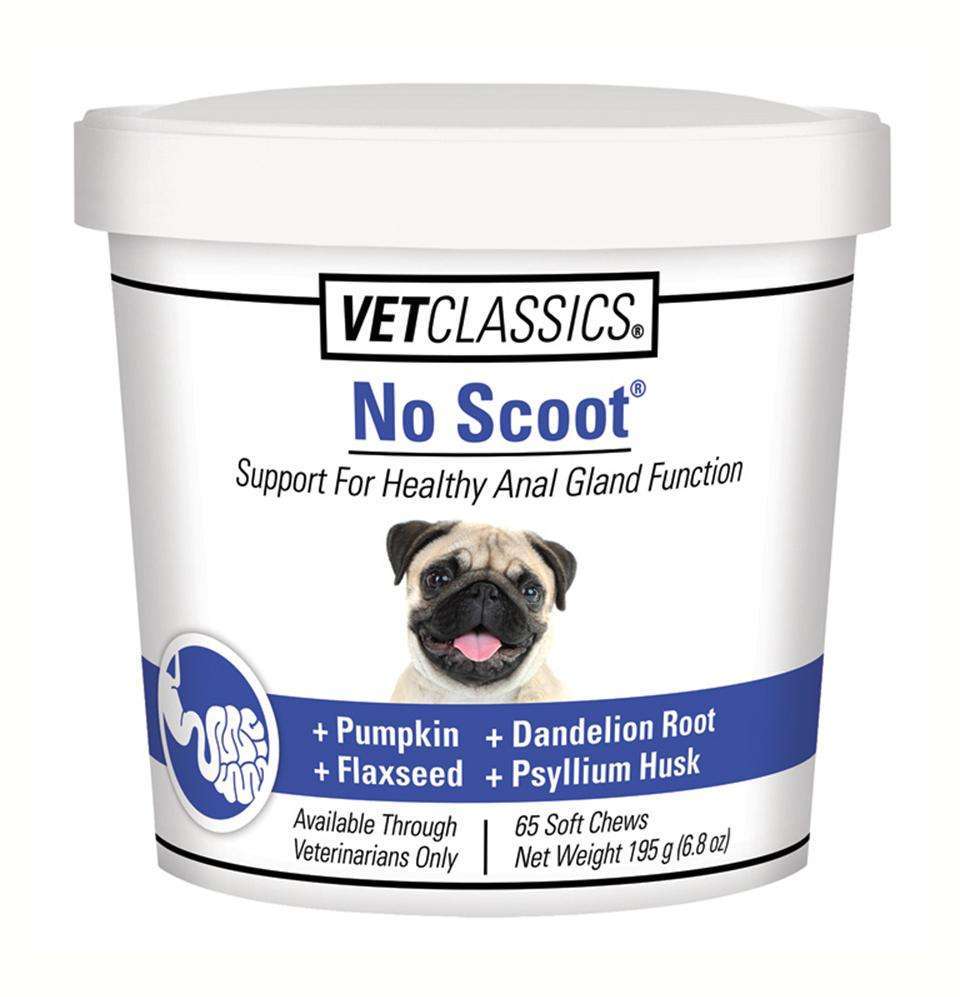Key Takeaways:
- Anal gland infections are common in puppies and can cause discomfort and pain.
- Signs of anal gland infection in puppies include scooting, licking or biting the area, and foul-smelling discharge.
- Puppies with anal gland infections should be seen by a veterinarian for proper diagnosis and treatment.
- Treatment for anal gland infections in puppies may involve expressing the glands, antibiotics, and/or dietary changes.
- Preventing anal gland infections in puppies can be done by maintaining a healthy diet, regular exercise, and proper grooming hygiene.
Are you a proud owner of a playful and adorable puppy? If so, then understanding the topic of anal gland infection in puppies is essential for your furry friend's well-being. This often overlooked condition can cause discomfort and pain for your pup, but fear not! By delving into this subject, you'll gain valuable knowledge on how to prevent and treat anal gland infections, ensuring a happy and healthy life for your four-legged companion. So, let's dive into the fascinating world of puppy health and discover the secrets to keeping those wagging tails wagging even more energetically!
Understanding Anal Gland Infections in Puppies
What are anal glands?
Anal glands are small sacs located on either side of a puppy's anus. They produce a smelly substance that helps dogs mark their territory and communicate with other dogs. Normally, the glands empty themselves when a puppy defecates or has a bowel movement. However, sometimes these glands can become infected, leading to discomfort and health issues for your furry friend.
How do anal gland infections occur?
Anal gland infections in puppies can happen due to various reasons. One common cause is when the glands become blocked and cannot empty properly. This blockage can be caused by factors like poor diet, lack of exercise, or even genetics. When the fluid inside the glands builds up, it creates an environment where bacteria can thrive, leading to an infection.
Identifying Signs of an Anal Gland Infection in Puppies
What are the signs of an anal gland infection?
It's important to keep an eye out for any signs that your puppy may have an anal gland infection. Some common symptoms include:
- Scooting or dragging their bottom along the ground
- Excessive licking or biting around the anus
- Swelling or redness around the anus
- Foul odor coming from the rear end
- Discharge from the anus
If you notice any of these signs, it's best to consult with your veterinarian for a proper diagnosis and treatment plan.
Common Symptoms of Anal Gland Infections in Puppies
What are some other symptoms of anal gland infections?
In addition to the signs mentioned earlier, there are a few other symptoms that may indicate an anal gland infection in puppies:
- Pain or discomfort while defecating
- Loss of appetite
- Lethargy or decreased activity levels
- Irritability or aggression when the anal area is touched
These symptoms can vary in severity depending on the extent of the infection. If you notice any of these signs, it's crucial to seek veterinary care to prevent further complications.
Treating Anal Gland Infections in Puppies: Home Remedies or Vet Visit?
Should I treat my puppy's anal gland infection at home?
While there are some home remedies that may provide temporary relief for mild anal gland infections, it is always recommended to consult with a veterinarian for proper diagnosis and treatment. Your vet will be able to determine the underlying cause of the infection and prescribe appropriate medication if necessary.
Some home remedies that may help alleviate mild symptoms include:
- Warm compresses applied to the anal area
- Increasing dietary fiber to promote regular bowel movements
- Adding probiotics to your puppy's diet to support digestive health
However, it's important to remember that these remedies may not address the root cause of the infection and should not replace professional veterinary care.
Preventing Anal Gland Infections in Puppies: Tips and Tricks
How can I prevent anal gland infections in my puppy?
Prevention is always better than cure when it comes to anal gland infections. Here are some tips to help keep your puppy's anal glands healthy:
- Feed your puppy a balanced diet with plenty of fiber.
- Ensure they get regular exercise to promote normal bowel movements.
- Avoid overfeeding, as excess weight can put pressure on the glands.
- Regularly check and clean your puppy's anal area during grooming sessions.
- Consult with your veterinarian about expressing your puppy's anal glands regularly.
By following these preventive measures, you can reduce the risk of your puppy developing painful and uncomfortable anal gland infections.
How Long Does it Take for a Puppy's Anal Gland Infection to Heal with Treatment?
How long will it take for my puppy's anal gland infection to heal?
The healing time for a puppy's anal gland infection can vary depending on the severity of the infection and the effectiveness of the treatment. Mild infections may resolve within a week or two with appropriate veterinary care, while more severe cases may require several weeks of treatment.
It's important to follow your veterinarian's instructions regarding medication, cleaning, and any necessary follow-up visits. They will be able to monitor your puppy's progress and make adjustments to the treatment plan if needed.
Remember, early detection and prompt veterinary care are key in ensuring a speedy recovery for your furry friend.
In conclusion, anal gland infections can occur in puppies and cause discomfort. It is important for puppy owners to be aware of the symptoms and seek veterinary care promptly to ensure their puppy's health and well-being.
















